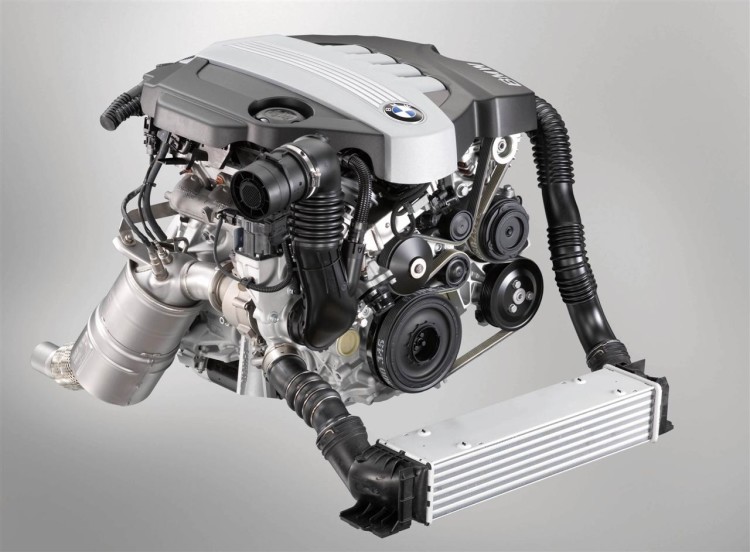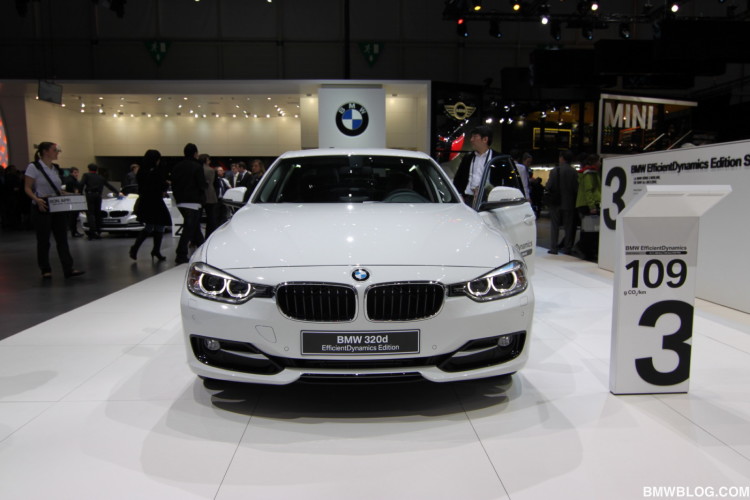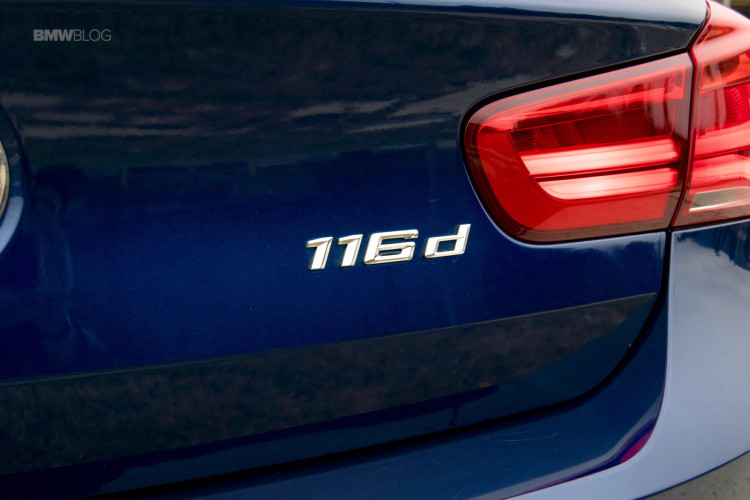
[ad_1]
The BMW N47 engine collection represents a major milestone within the growth of diesel powertrains by the famend German automaker. Launched in 2007, the N47 got here as a successor to the M47 engine and introduced quite a few developments when it comes to effectivity, efficiency, and emissions. As a standard selection throughout a variety of BMW fashions, from the compact 1 Sequence to the chief 5 Sequence, the N47 has made a considerable influence available on the market. It’s additionally an engine that has been within the information not too long ago resulting from a serious recall which affected almost 800,000 autos, globally. However how dependable is that this engine? Let’s delve into the N47’s strengths and weaknesses.
Overview of the BMW N47 Engine
The N47 engine is a household of turbocharged diesel engines various in displacement from 1.6 to 2.0 liters. Notable for its aluminum crankcase, the engine is lighter and extra environment friendly than its predecessor. It includes a double overhead camshaft (DOHC) design and employs common-rail direct gasoline injection and a turbocharger to reinforce efficiency and scale back emissions. The N47 was designed with BMW’s EfficientDynamics philosophy in thoughts, specializing in optimizing gasoline consumption and lowering CO2 emissions with out compromising on the driving expertise.
Reliability Considerations and Options
The N47 engine collection has been topic to scrutiny relating to its reliability, with a number of points coming to the forefront. One of the important considerations has been the timing chain failure, attributed to the chain’s placement on the rear of the engine, making repairs each difficult and expensive. A telltale signal of this situation is a rattling noise emanating from the engine’s rear. Ought to the timing chain fail, it may necessitate both a whole engine alternative or an costly restore.
Points with swirl flaps and EGR valves have additionally been reported, doubtlessly resulting in decreased efficiency and elevated emissions. BMW has issued a recall to over 1.6 million autos in 2018 for the EGR points. BMW has taken steps to deal with these points in later fashions and thru service campaigns, together with strengthened parts and up to date upkeep protocols. Homeowners are suggested to stick to a daily upkeep schedule and take into account preventive measures, akin to timing chain inspections and swirl flap removing, to reinforce reliability.
Effectivity and Efficiency
One of many N47’s greatest promoting factors is its spectacular gasoline financial system. Due to its superior design and turbocharging, the N47 delivers glorious freeway mileage, making it an awesome selection for long-distance journey. This effectivity doesn’t come on the expense of efficiency, because the engine supplies a responsive and dynamic driving expertise attribute of BMW’s diesel engines. The N47’s energy output ranges from 94 to 215 hp, catering to quite a lot of driving wants from economical commuting to extra spirited driving. Probably the most highly effective variant was used within the following fashions:
- F20 125d
- F22 225d
- F30 325d
- F32 425d
- F10 525d
- E84 X1 xDrive 25d
Engine Variants
- N47D16 – 1.6 liter (2012-2013)
- N47D20 – 2.0 liter (2007-2011)
Tuning and Upgrades
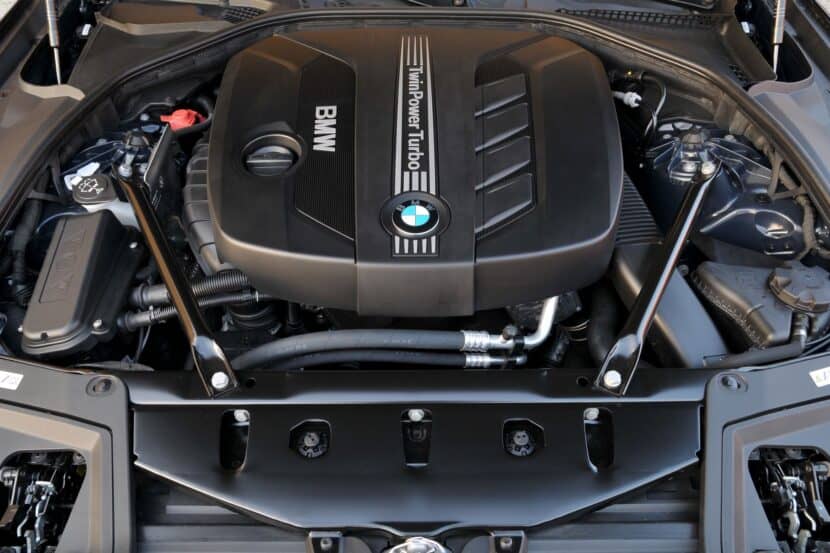
For lovers trying to extract extra efficiency from their N47 engine, there are quite a few tuning and improve choices out there. Remapping the engine’s ECU can unlock extra horsepower and torque, enhancing acceleration and general drivability. Upgrades akin to bigger turbochargers, high-flow air filters, and efficiency exhaust programs can additional enhance efficiency. Nevertheless, it’s important to strategy tuning with warning, as modifications can have an effect on the engine’s reliability and void the producer’s guarantee.
Ought to I Get A BMW With The N47 Engine?
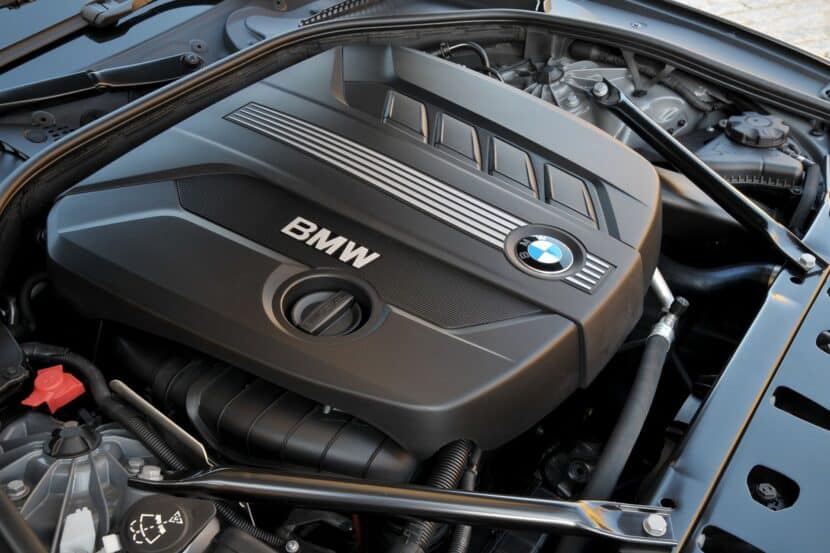
Total, the N47 engine stands out as a stable performer. It delivers respectable energy and provides an abundance of torque early within the rev vary. Regardless of its deserves, the N47 has confronted criticism, largely resulting from considerations over timing chain reliability. Up till 2011, these engines had been vulnerable to catastrophic timing chain failures. Nevertheless, post-2011, BMW applied revisions to the engine design, considerably mitigating the danger of such failures to the purpose the place the difficulty would manifest as a mere clacking noise, if in any respect. Between 2013 and 2015, the engine underwent additional enhancements, resolving the chain points.
[ad_2]
